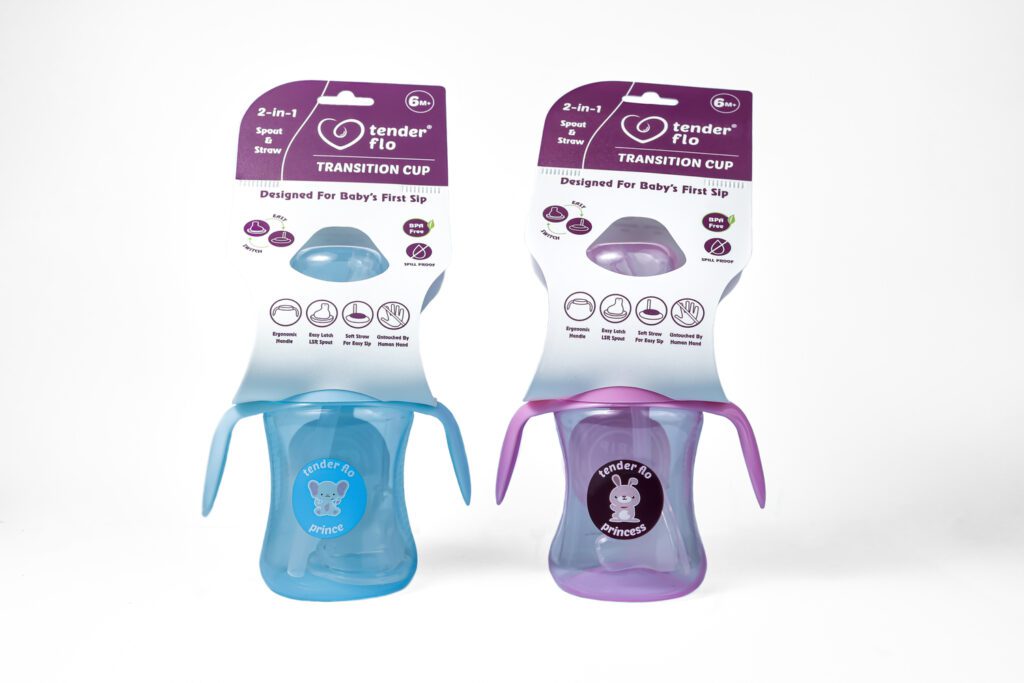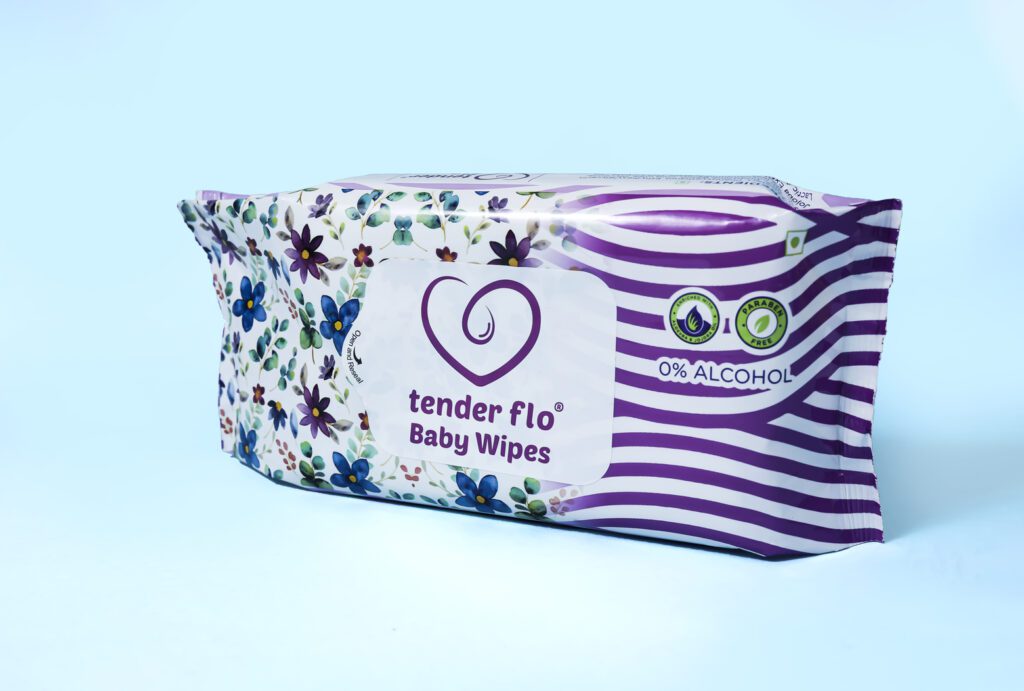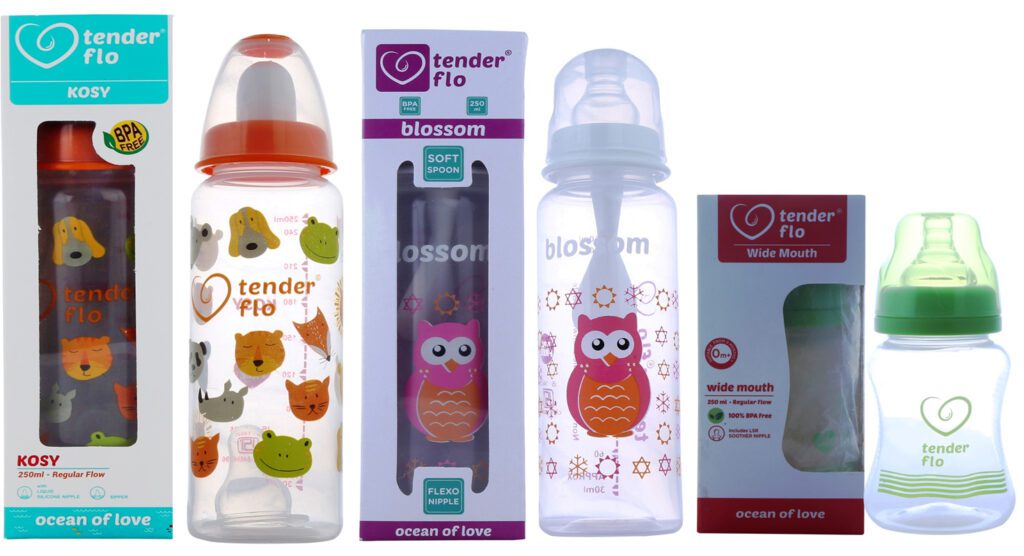Transition Cups for Toddlers
Transition Cups (BUY NOW), or sippy cup alternatives, assist in the gradual introduction of cups to babies between the ages of 6 and 12 months. They also postpone bottle dependency, assist in oral development, and reduce the likelihood of tooth decay. Transition cups are specially designed cups that help babies move from bottle feeding to drinking from a regular cup. They’re also called trainer cups, and they come in various forms to support your baby’s developing motor skills and oral muscles while reducing spills and promoting independence.
- 🍼➡️🥤 What Is a Transition Cup?
A transition cup is a middle step between a bottle and a regular cup. As such, it helps your baby to: - Master the art of sipping, instead of sucking
- Enhance hand-mouth coordination
- Minimize spills when feeding themselves
🧃 Types of Transition Cups
| Type | Features | Best For |
|---|---|---|
| Soft Spout Cups | Soft silicone spout, gentle on gums | Early transition (6+ months) |
| Hard Spout Cups | Tougher spout for chewing babies | Older babies (9+ months) |
| Straw Cups | Built-in straw, promotes lip and tongue coordination | Babies 6–12 months |
| 360 Cups | Spoutless; baby sips from the edge like a real cup | More natural drinking motion (usually 9+ months) |
| Open Training Cups | Small open cups with handles | Practice for regular cup use (supervised use) |
📝 Tips for Transitioning from Bottle
-
Start with a soft spout or straw cup around 6 months.
-
Offer water or small amounts of breastmilk/formula in the cup daily.
-
Let baby play and explore the cup—no pressure.
-
Gradually reduce bottle use, especially after 12 months.
🍼 What Makes a Cup a “Transition” Cup?
A transition cup usually includes:
-
Easy-to-hold handles
-
A soft spout or straw that’s gentle on gums
-
A spill-proof or low-spill design
-
A lightweight and durable body
-
Often BPA-free plastic or silicone
These features let babies practice sipping and holding a cup—two major milestones between 6 and 18 months.
💡 Why Use Transition Cups?
-
Supports oral development better than prolonged bottle use
-
Helps baby learn to sip instead of suck
-
Reduces the risk of tooth decay from prolonged bottle feeding
-
Encourages independent drinking skills



